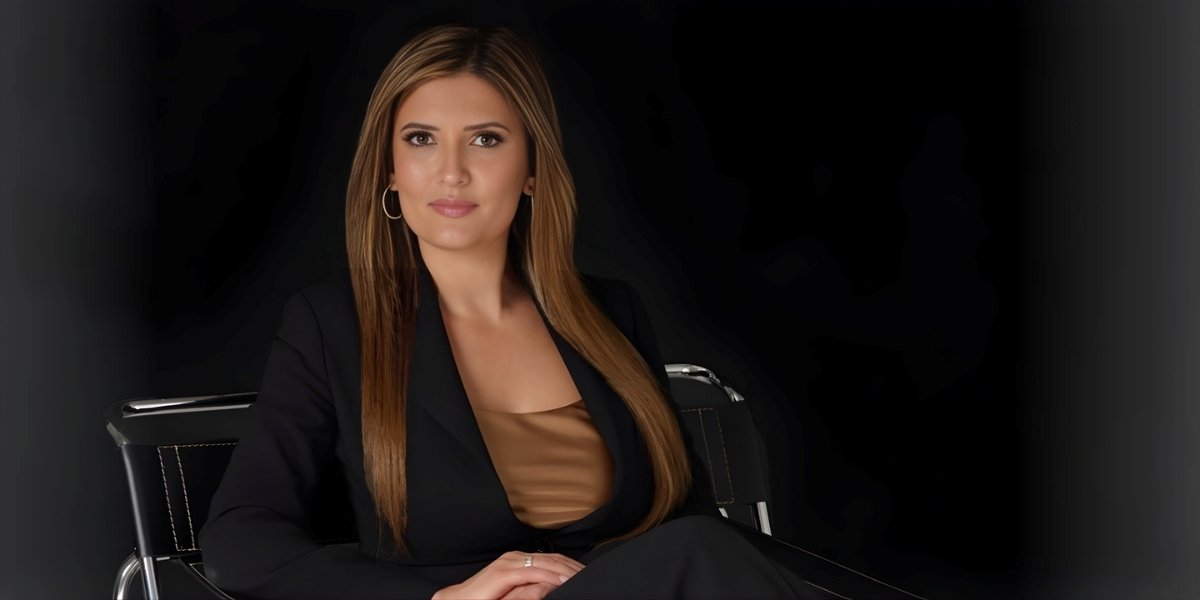By: John Glover (MBA)
Choosing the right career is one of the significant decisions you’ll make in your life. It can shape your future, impact your happiness, and determine your level of professional satisfaction. With the countless career options available, the process can seem overwhelming. However, understanding your personality can help narrow down choices and guide you toward a path that aligns with your strengths, interests, and natural inclinations. This article will delve into strategies to help match your personality with a career, provide tools and assessments that offer insights, and outline practical steps to take for making a more informed career decision.
Understanding the Connection Between Personality and Career Choice
Your personality plays a pivotal role in determining how you interact with others, solve problems, manage stress, and find motivation. Careers that align well with your personality type are more likely to keep you engaged, reduce burnout, and provide a sense of fulfillment. For example, introverted individuals might find satisfaction in research or technical roles where focus and solitary work are valued, while extroverted people may thrive in careers involving networking, teamwork, and social interactions.
Renowned psychologist Carl Jung and later researchers such as Isabel Briggs Myers expanded the concept of personality types, suggesting that people have unique combinations of traits that influence how they think, act, and make decisions. These personality frameworks provide a blueprint for identifying careers where specific characteristics can be advantageous.
Why Matching Career to Personality Matters
Increased Job Satisfaction: When your career aligns with your core traits and values, you’re more likely to enjoy your work and find it meaningful.
Higher Productivity: Understanding what motivates you can improve your performance and the way you tackle daily tasks.
Career Longevity: A good personality-career fit reduces the likelihood of switching jobs frequently, allowing for deeper professional development.
Improved Work-Life Balance: The right fit helps in maintaining harmony between professional and personal life, reducing stress and burnout.
Personality Assessments: Tools for Career Exploration
One of the effective ways to determine which career aligns with your personality is by using well-established personality assessments. These tools provide structured insights into your temperament, preferences, and strengths, making it easier to identify potential careers. Let’s look at some of the widely used personality assessments.
1. The Myers-Briggs Type Indicator (MBTI)
The MBTI categorizes people into 16 distinct personality types based on four dichotomies:
- Extraversion (E) vs. Introversion (I): Where you focus your attention.
- Sensing (S) vs. Intuition (N): How you gather information.
- Thinking (T) vs. Feeling (F): How you make decisions.
- Judging (J) vs. Perceiving (P): How you approach life and work.
The MBTI helps identify careers that match your type. For instance, INFJs (Introverted, Intuitive, Feeling, Judging) are often drawn to counseling, psychology, and writing, while ENTJs (Extraverted, Intuitive, Thinking, Judging) may excel in leadership roles, project management, and entrepreneurship.
2. Holland’s RIASEC Model
John Holland’s RIASEC model categorizes careers based on six personality types:
- Realistic: Prefers physical activities and hands-on work (e.g., engineers, mechanics).
- Investigative: Enjoys researching and problem-solving (e.g., scientists, analysts).
- Artistic: Values creativity and self-expression (e.g., artists, graphic designers).
- Social: Likes helping others and working in collaborative settings (e.g., teachers, counselors).
- Enterprising: Thrives in leadership and persuasive roles (e.g., managers, sales).
- Conventional: Prefers structured tasks and data organization (e.g., accountants, clerks).
Matching your interests to a RIASEC type can significantly narrow your options and guide you to career paths that fit your preferences and strengths.
3. 16Personalities
The 16Personalities assessment combines aspects of the MBTI and the Big Five Personality Traits. It groups people into four main categories—analysts, diplomats, sentinels, and explorers—with each category divided into four subtypes. The results provide a detailed description of your strengths, weaknesses, and ideal work environments.
For a more comprehensive exploration, CareerOneStop’s Interest Assessment and tools like the Strong Interest Inventory offer deeper insights by combining personality traits with interest and aptitude.
Practical Steps to Match Your Personality to a Career
1. Self-Reflection: Assessing Your Core Traits
Before diving into career research, take the time to reflect on your core values, skills, and traits. Consider the following:
What type of environment energizes or drains you?
Do you prefer working in structured or unstructured settings?
What activities make you lose track of time?
Writing down these reflections helps build a personal profile that can be compared against potential careers.
2. Explore Career Options Based on Personality
Once you have a clearer picture of your personality, research careers that align with your traits. For example, if the MBTI classifies you as an INTJ (Introverted, Intuitive, Thinking, Judging), you might consider roles such as strategic planning, software development, or architecture, where analytical thinking and independent work are crucial.
3. Use Career Resources for Guidance
Books such as So What Comes Next? by Michael A. Deffina offer structured approaches to exploring career options based on personality. Deffina’s work emphasizes using self-discovery tools and practical guidance to help teens and young adults align their career paths with their strengths, making it an invaluable resource for those starting their journey.
Other resources like the Occupational Outlook Handbook provide comprehensive data on various careers, including required skills, work environments, and salary information, helping you make more informed choices.
4. Conduct Informational Interviews
Talking to professionals in careers of interest is a valuable way to gain real-world insights into daily tasks, required skills, and potential challenges. During these conversations, focus on understanding how their personality aligns with their job and whether the environment fits your style.
5. Consider Work Environment and Company Culture
Personality fit goes beyond job titles—consider the work environment and company culture. A naturally creative person may feel stifled in rigid corporate settings, while those who value order and consistency might struggle in fast-paced startup environments.
6. Experiment Through Internships and Volunteering
If you’re unsure, consider internships, part-time jobs, or volunteer opportunities in fields of interest. Experiencing a role first-hand provides clarity on whether it matches your expectations and personality.
7. Create a Personal Development Plan
Once you’ve narrowed down potential careers, create a personal development plan. Set short- and long-term goals, identify skills you need to develop, and outline steps to gain experience. Include courses, certifications, and mentorship opportunities that align with your chosen path.
Summary: Personality Is a Guide, Not a Limitation
While understanding your personality is a influencial tool in choosing a career, it’s important to remember that it’s not a rigid framework. Personality assessments are starting points that guide you toward areas where you might naturally excel. You have the flexibility to shape your career through learning, skill-building, and real-world experience. Ultimately, the premier career is one that combines your personality with your passions and values, leading to a fulfilling and rewarding professional life.
By taking the time to explore how your personality aligns with various careers, using structured assessments, and actively seeking experiences that help clarify your interests, you’ll be well on your way to choosing a career that truly fits who you are.
Published by: Nelly Chavez















